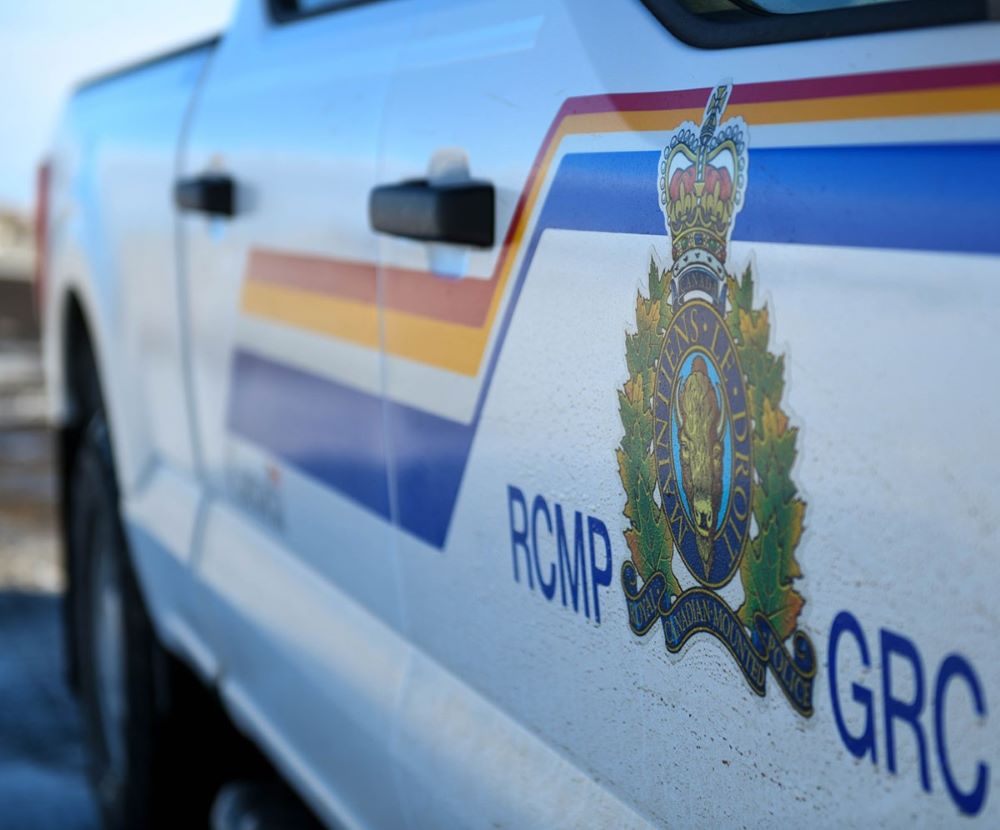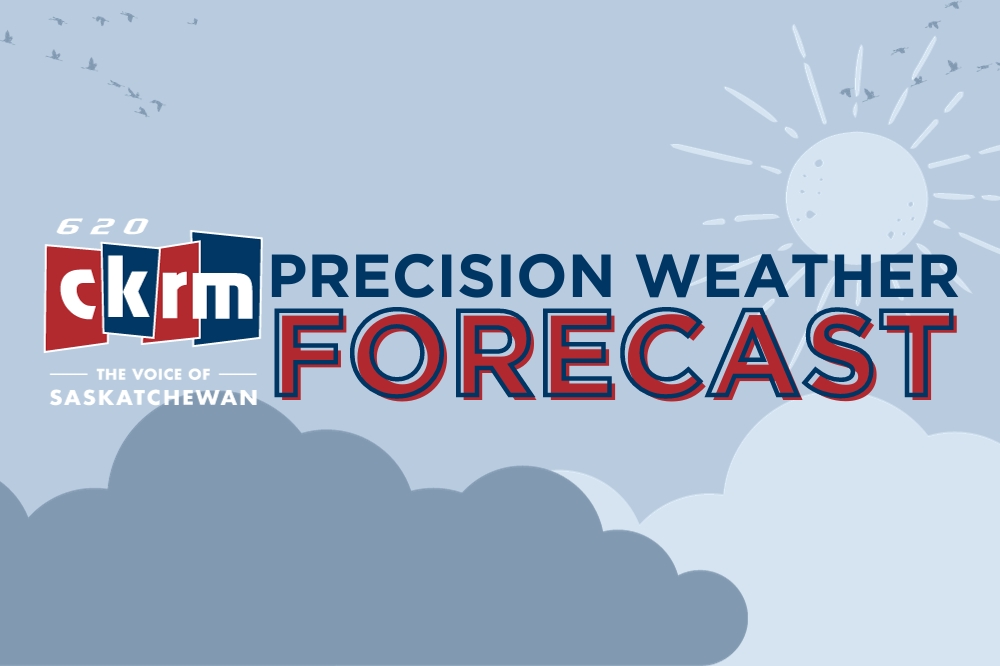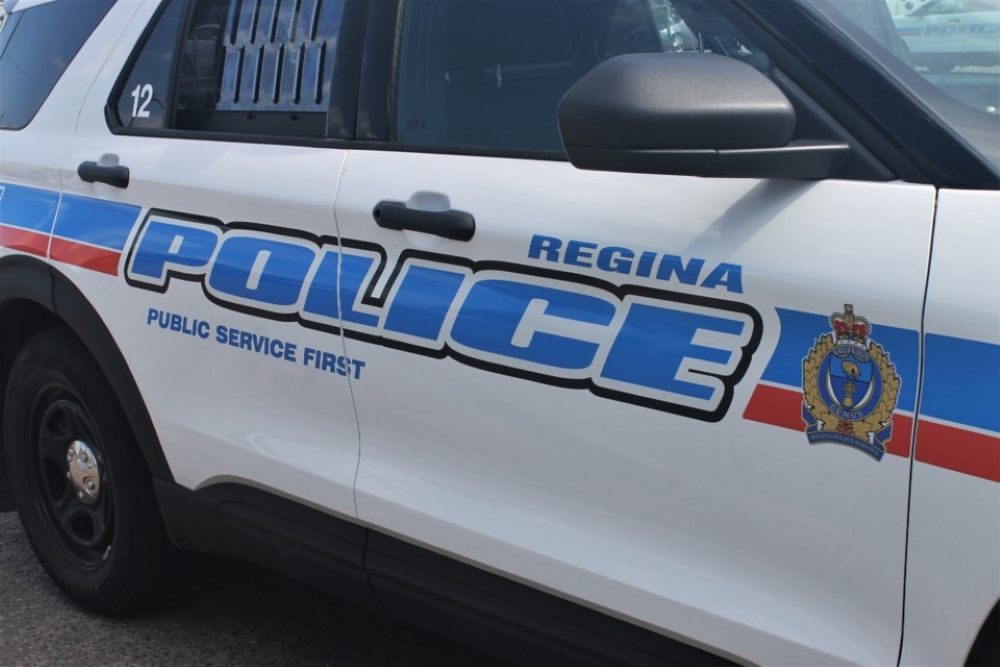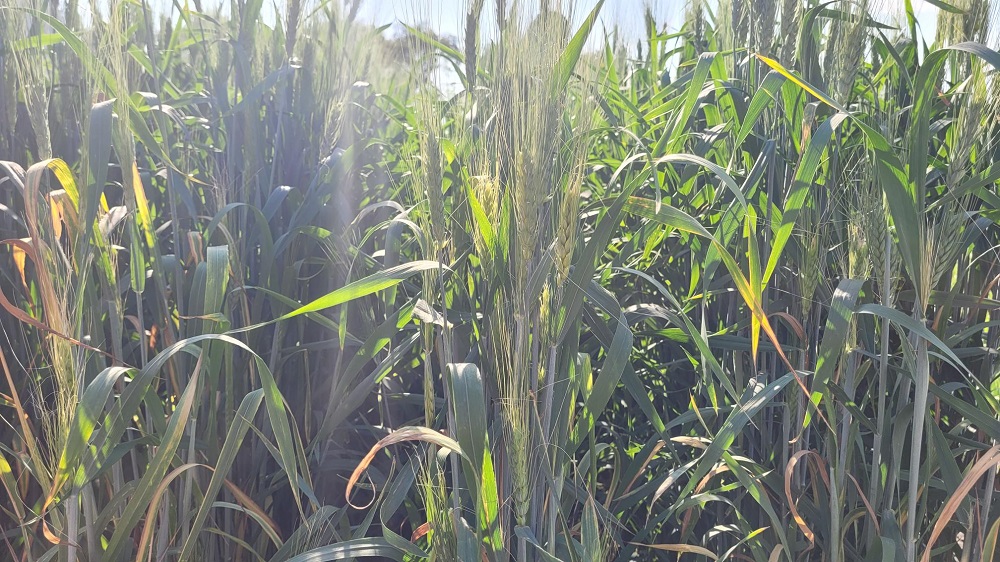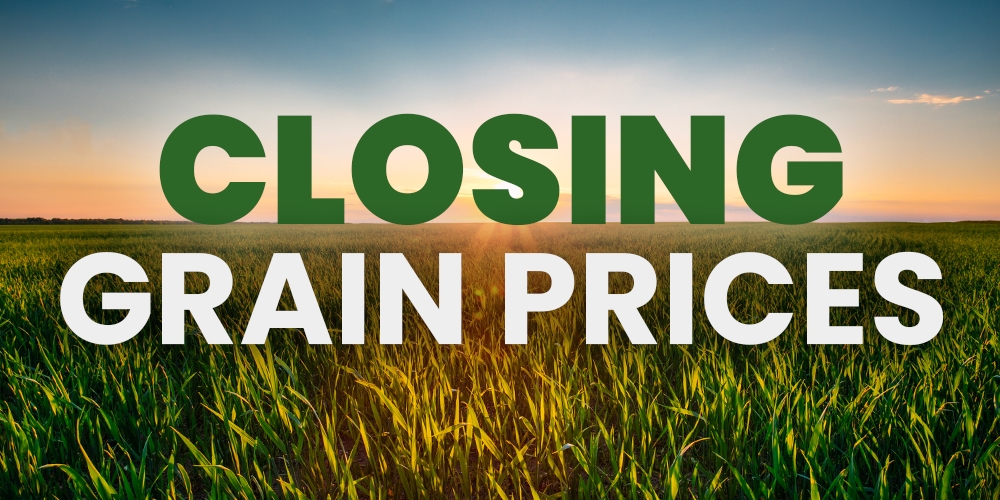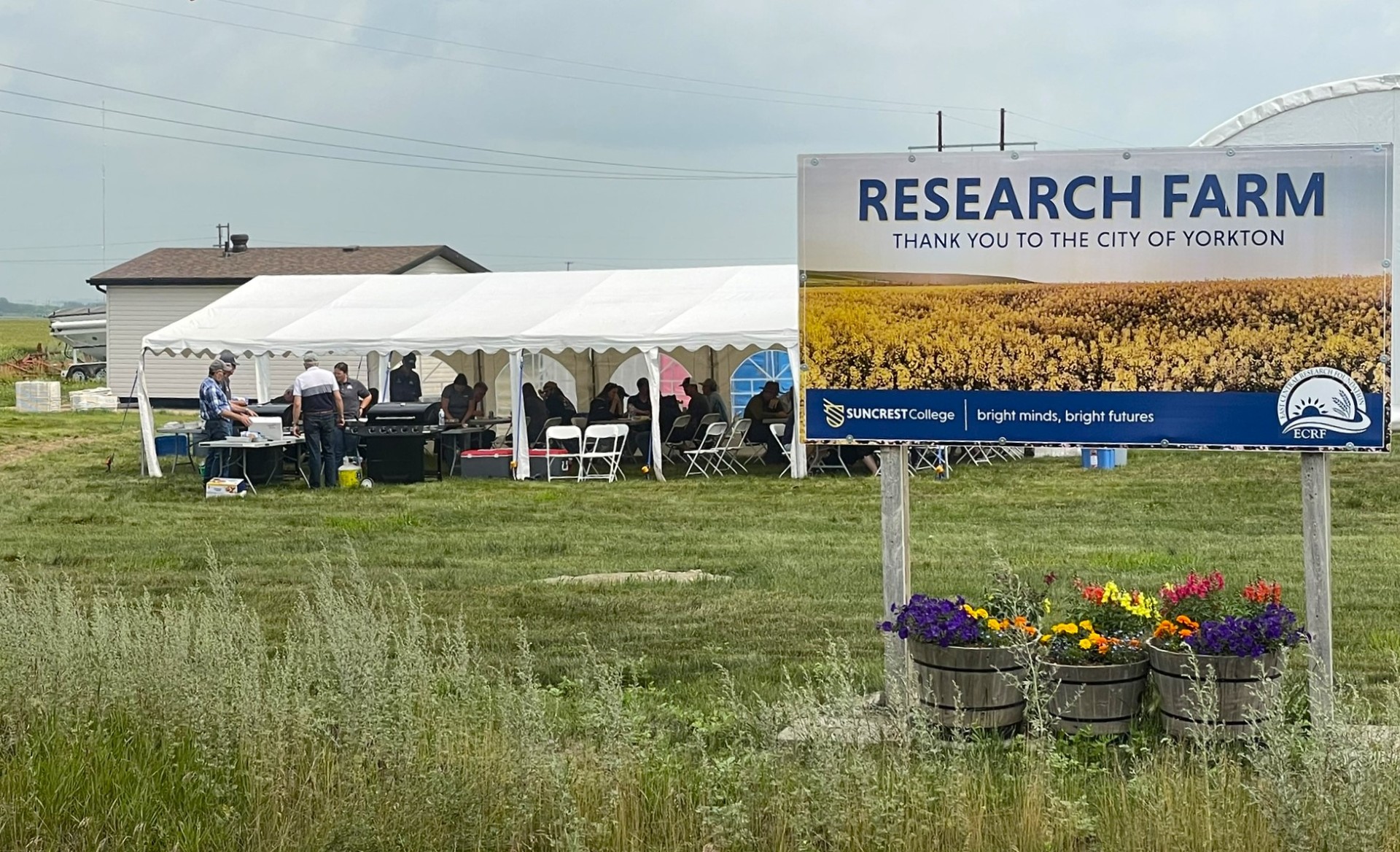Hours after the World Health Organization labelled the COVID-19 outbreak a pandemic, the Government of Saskatchewan provided an update on how the province is preparing for a possible outbreak in the province.
Provincial Health Minister Jim Reiter, the province’s Chief Medical Health Officer Dr. Saqib Shahab, and John Ash from the Saskatchewan Health Authority said that the WHO’s declaration doesn’t change how the province is preparing for COVID-19.
Dr. Shahab said that the province has expanded testing to include anyone who has traveled at all, even in Canada.
“The recommendation now is that, if you’ve traveled from anywhere in the world, or you’ve been to a mass gathering or big conference anywhere in Canada, be aware of your symptoms for two weeks, self-monitor,” said Shahab. “If you have a fever or a cough, any symptoms, self-isolate, don’t go to school or work and call Healthline where you will be assessed for further testing.”
With big events like the Junos, and possibly an early election, happening in the province, Shahab says that there isn’t a need to cancel these events due to the fact that there aren’t any cases in the province.
He added that events like the Junos are assessed on an event- by- event basis and will continue to be until the outbreak is no longer a concern.
John Ash with the Saskatchewan Health Authority says that the province doesn’t necessarily need more resources, it’s more about aligning staff and focusing on the right work.
“Whether that’s aligning community testing, or preparing our acute care facilities, or working with our family practice physicians,” said Ash. “It can be really around what’s the messaging around PPE, getting the appropriate information to staff, around screening so that we are consistent as a health organization.”
When asked about what the differences are between COVID-19 and the regular flu, he said that COVID-19 would land between the flu and the SARS outbreak in 2002 because it has a mortality rate of 3 percent.
Shahab stressed that, instead of panicking, people need to think about what quarantine would look like for them.
“We all need to think about, if I’m asked to stay home for two weeks because I’ve got a fever, what does that mean for me? If I met five people, and those five people have to stay home as contacts, what does that mean for them?” said Shahab. “We need to start thinking of that because if it comes here, many of us would be in that situation, and the better we do that, the less the impact will be.”
Even though over 200 people on Saskatchewan have been tested for COVID-19, there are still no confirmed cases of the virus in the province.



